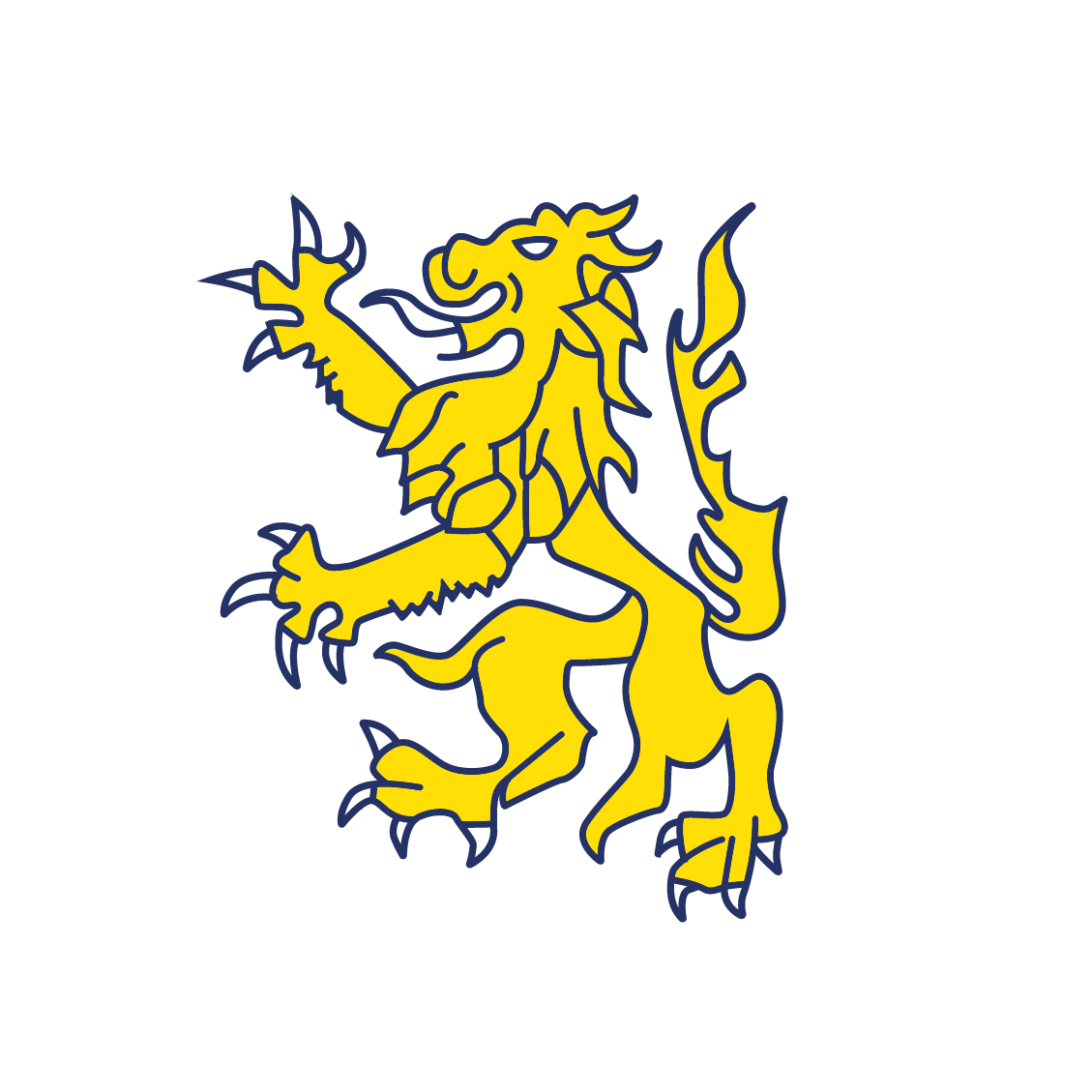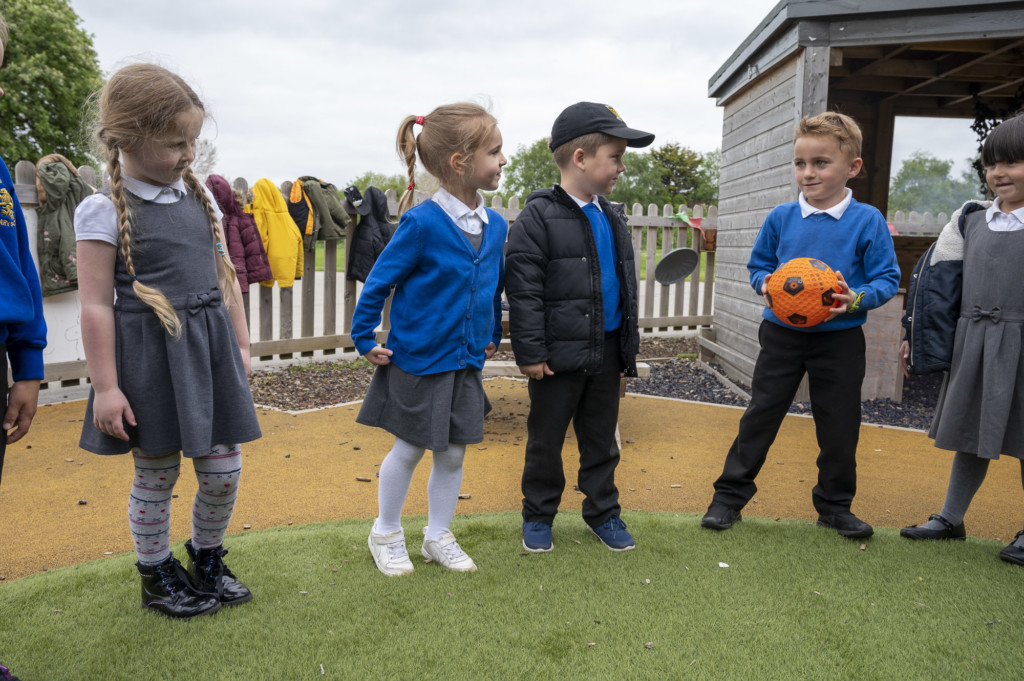


What are British Values?
According to Ofsted, ‘fundamental British values’ are:
- democracy
- the rule of law
- individual liberty and mutual respect
- tolerance of those with different faiths and beliefs
How are British Values taught?
Through a broad, balanced and enriched curriculum we:
- enable children to develop their self-knowledge, self-esteem and self-confidence
- enable children to distinguish right from wrong and to respect the civil and criminal law of England
- encourage children to accept responsibility for their behaviour, show initiative, and to understand how they can contribute positively to the lives of those living and working in the locality of the school and to society more widely
- enable children to acquire a broad general knowledge of and respect for public institutions and services in England
- further tolerance and harmony between different cultural traditions by enabling children to acquire an appreciation for and respect for their own and other cultures
- encourage respect for other people, and
- encourage respect for democracy and support for participation in the democratic processes, including respect for the basis on which the law is made and applied in England.
The children at Francis Askew see democracy borne out in a whole variety of ways and see this as being an essential component of successful team working.
Democracy is a school value that children meet when discussing respect and fairness.
School Council minutes and records
Records of Rota Kids meetings
Collective Worship planning and outcomes file.
RE planning and work books.
Learning Walks for School Values
Democratic voting for Rota Kid Members and council representatives
Children are able to work co-operatively in pairs and groups as well as in whole class situations. They understand about turn taking and respecting the views of others. Children in KS2 in particular are able to use the language of respect, e.g. I agree with/ I don’t agree with…’
They are familiar with the concept too through the discussion of our Christian values and, in RE lessons, the idea that different religions have guiding principles.
Children are used to debating and discussing laws/rules and their application. Children are familiar with the local police who take assemblies and talk to them informally.
Class Rules
School Code of Conduct/Learning Behaviours
School Values
PSHE/Citizenship lessons on the role of law and parliament
(Visits from local MP)
School Council / Rota Kids minutes and records
Collective Worship planning and outcomes file.
RE planning and work books.
Learning Walks
Visit to the Houses of Parliament
Law making workshops with Year 6s
Children are able to articulate how and why we need to behave in school and demonstrate they understand and can abide by these.They are able to discuss and debate.Children are aware of the law making process and how laws impact upon their own lives as children and adults in the future.
Our Christian Values-based discussions and acts of worship begin with discussion about the self, e.g. self –respect and self-worth in relation to the individual value so that children see that they are important in their own right.
The philosophy of our teaching and learning places emphasis on the right to have our own thoughts and evidence-based views.
Children are strongly encouraged to develop independence in learning and to think for themselves.
Rights Respecting Schools Award
School Code of Conduct/Learning Behaviours
School Values
Class charters noting their rights and their responsibilities.
Children understand about the importance of accepting responsibility and of their right to be heard in school.They are consulted on many aspects of school life and demonstrate independence of thought and action.
Respect is a fundamental school value, around which pivots much of the work of the school. We pay explicit attention to this as part of our RE, PHSE, and SMSC curriculum.
Respect is a school value that is discussed deeply, starting with self-respect and covering respect for family, friends, and other groups; the world and its people; and the environment.
Collective Worship planning and outcomes file.
RE curriculum
RE planning and work books.
Learning Walks
School Values
Rights respecting School Award
Class charters
National Inclusion Award – Rock Challenge for two consecutive years.
Children can articulate why respect is important; how they show respect to others and how they feel about it for themselves.Children’s behaviour demonstrates their good understanding of this value in action.Children are able to talk about the different faiths and cultures they learn about, ask questions and show tolerance and respect for others of different faiths and religions.
